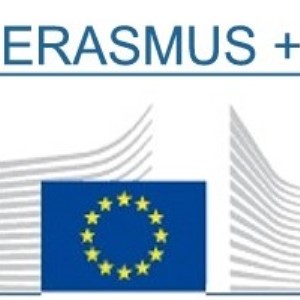

is tailored to European social scientists who want to expand their professional skills and experiences with interactive and challenging workshops throughout participating in high level scientific courses in Greece. Our trainers and our methodology are worldwide recognized and certified by the European Family Therapy Association Institutes’ Chamber (EFTA-TIC). (www.efta-tic.eu)
You can participate in “Anthropos” summer training courses using the Erasmus + program – KA1 mobility which has a deadline until 4th March 2015 at 12:00 (midday Brussels time)
The proposed training programs focus on development of specialized skills for mental health professionals and educators working in the various countries throughout Europe.
What is Erasmus+ KA1 staff mobility
Erasmus+ is the EU Program in the fields of education, training, youth and sports for the period 2014-20201.
Erasmus gives the opportunity to social scientists, HRM professionals, staff of civil society organizations, among others, to participate in international courses in EU countries based on their own demands.
Detailed information can be found here http://ec.europa.eu/programmes/erasmus-plus/documents/erasmus-plus-programme-guide_en.pdf
Participants obtain funding from EU Erasmus+, which covers all of the necessary costs such as traveling, accommodation and tuition fee.
How my organization can apply for Erasmus + grant?
Individuals, social scientists, trainees, apprentices, adult learners, young people, volunteers, professors, teachers, trainers, youth workers, professionals of organizations active in the fields of education, training and youth constitute the main target population of the Erasmus + Program.
However, the Program reaches these individuals through organizations, institutions, bodies or groups that organize such activities. A VET organization sending learners and staff abroad; Individuals cannot apply directly for a grant.
To apply just follow these simple steps
Courses
Course A:
Course Name:
Systemic Training in Parent and Couple Consultation:
Integrating patterns of sociocultural change and the attachment perspective in current European practices
Place:
Village of Naoussa on the Aegean Island of Paros
Dates:
Tuesday 28th July – Sunday 2nd August
Team:
Coordinating Trainer:
-Kyriaki Polychroni, M.A., C.G.P., E.C.P.,
Systemic Couple, Family and Group Psychotherapist & Trainer,
Certified EFT Therapist/Supervisor & Trainer, International
Center for Excellence in EFT (ICEEFT – Canada)
Systemic Family Therapists Co-trainers:
-Alexandra Dimitriadou, M.Sc.
-Ioanna Koukou, M.Sc., E.C.P.
-Nikos Spiliopoulos, M.Sc., ICADC , E.C.P.
-Anastasia Vlachogeorgaki, M.Sc., ICADC
Outline of Themes:
A. The Broader Context of Cultural Change: from ‘back to back’ to ‘face to face’ couple/parental relationships
B. Intergenerationally Transmitted Inner Voices
C. Attachment Theory: from cradle to the grave
D. Emotionally Focused Therapy (EFT)
Course Description:
This training program is experiential in nature where participants are actively involved both in inner individual work and in interpersonal interaction and collaboration.
The program starts off by a ‘Systems Forming Process’ where participants get to know each other, share their personal aspirations for the training, gradually co-creating a secure base to mutually exchange and learn from each other.
An overview of the basic themes of the Program is initially presented.
The importance of systemically viewing parenting, couple and family relations in the broader context of sociocultural patterns in transition is traced – the ‘Anthropos’ Concept of “Subjective Culture” is introduced and elaborated.
Participants will experience the “cultural milieu” orientation inherent in the approach of the Athenian Institure of Anthropos. This Systemic-Dialectic Approach aims at multi-focal, multi-level interventions that honor and actualize “subjective cultural processes” – in terms of internalized perceptions, values, behaviors and patterns of relating – both in understanding individual functioning and family dynamics and in therapy.
The therapist/consultant thus works from a perspective that normalizes and validates, avoids pathologizing, and thus creates safety – the fundamental basis for change to emerge.
Through active participation in specifically devised experiential tasks/processes and through the simulation of specific parenting, couple and family case examples, participants will embark on a group journey illustrating various dynamics of today’s couple and family within the context of complex sociocultural and global change.
A method for facilitating the recognition of many, diverse and at times opposing inner voices of family members will be demonstrated.
The crucial importance of acknowledging the cultural and intergenerational patterns these voices represent and their influence on individual and family functioning will be elaborated.
We will also examine the parent/couple dyadic relationship by presenting our concept of “cultural chronos” – where the diversity and complexity of partners’ inner voices can be understood and used in facilitating the development of more functional communication and satisfying patterns of bonding. Important, relevant, recent findings from neuroscience and attachment research regarding the care-giving parenting role will be elaborated.
Finally, we will focus on a specific method of intervention – Emotionally Focused Therapy (EFT). EFT is a potent model of psychotherapy of couples and families that focuses on emotion as the guiding power in transforming love relationships. Particularly with respect to couples, EFT has developed into an internationally acknowledged model of therapy. It is based on the new science of adult love and bonding and helps partners send clear emotional signals to each other to shape the dance of loving connection.
EFT is a Systemic Model of Intervention within which the patterns of communication and behaviors between couples or families are traced and examined. At the same time, EFT utilizes Attachment Theory as the context of understanding the needs of adult love relationships and, furthermore, it utilizes specific techniques of Experiential Therapy.
Learning Objectives :
Day 1 – Day 2: the learner will be able to:
- demonstrate an understanding of the “cultural milieu” orientation of the presented approach and the dynamics of today’s family within the context of complex sociocultural and global change
- describe the notion of families undergoing “cultural transition” and the “subjective cultural processes” important both in understanding family dynamics and in therapy
- recognize the many, diverse and at times opposing inner voices of family members and acknowledge the cultural and intergenerational patterns that inner voices represent and their influence on individual couple/parent and family functioning
Day 3 – Day 6: the learner will be able to:
- explain couple dynamics in terms of “cultural chronos”
- exhibit familiarization in using partners’ inner voices to facilitate the development of more functional communication and satisfying patterns of bonding
- comprehend attachment principles as applied to Parenting, the ‘Care-giving’ Subsystem in the Family
- demonstrate an understanding of the Emotionally Focused Couples Therapy Model (EFT) – its 3 Stages and 9 Steps
- appraise couple distress and relationship repair based on the EFT model, including attachment theory and primary emotion
- trace the negative interactional cycle that distressed couples co-create as an emotional response to their unmet attachment needs.
This Course is addressed to:
Professionals in the mental health field (psychiatrists, psychologists, social workers, psychiatric nurses) and other social scientists who work with individuals, groups/families (educators, sociologists, anthropologists).
HOW TO APPLY – Apply in four simple steps
Step 1
Find your course (here is AIA’s courses (link to the courses) ) Please inform us about your choice (link to the AIA mail )
Step 2
Get your ECAS and PIC code for your organization.
You have to register in EU Participant Portal ( link to http://ec.europa.eu/education/participants/portal/desktop/en/organisations/register.html) to get your PIC code.
Step 3
Download and fill in the application form from your National Agency
You have to download and fill in the application form from the website of your National Agency (link to http://ec.europa.eu/programmes/erasmus-plus/tools/national-agencies/index_en.htm) and prepare a proposal under the KA1 (key Action 1), Learning Mobility for individuals.
Here you will find in which mobility project you correspond – for “Anthropos” training courses you are under the VET learners and staff mobility project. In case you need more information please contact your National Agency.
You can find useful information in the part C of the Erasmus + program guide (link to http://ec.europa.eu/programmes/erasmus-plus/documents/erasmus-plus-programme-guide_en.pdf)
For most Actions of the Program, applicants are required to submit their application online to the appropriate National or Executive Agency using the correct electronic form and including all requested annexes.
Applications sent by post, courier service, fax or email will not be accepted.
Step 4
WHAT HAPPENS ONCE THE APPLICATION IS SUBMITTED?
All applications received by the National Agencies or by the Executive Agency undergo an evaluation procedure. You have to check regularly your e mails … Good Luck!
Note: Do not forget to inform us as soon as you get notified from your National Agency whether your grant application is accepted or rejected.
Fees
The cost for your participation in the “Anthropos” training program includes tuition fees and accommodation fees, which are covered entirely from the Erasmus+ grant.
Tuition fees
The training course fee for Erasmus+ applicants is 400€. This fee includes:
• All materials needed for the course
• Tuition fee for lectures, seminars and workshops
Accommodation fees
The accommodation fees cover all costs directly linked to the subsistence of participants during the course. It refers to accommodation and meals for 6 days and 5 nights in a 4-star hotel.
Based on the Erasmus+ regulations, this fee for Greece is 112 Euros/ day, i.e. 560 Euros for a 5-night stay.
The fee covers the expenses of participants only and special rates may be arranged for accompanying persons.
Where the training will be held?
Training programs are held both in Athens and on the Island of Paros. You can find more information about the island of Paros here ( link http://www.visitgreece.gr/en/greek_islands/cyclades/paros)
